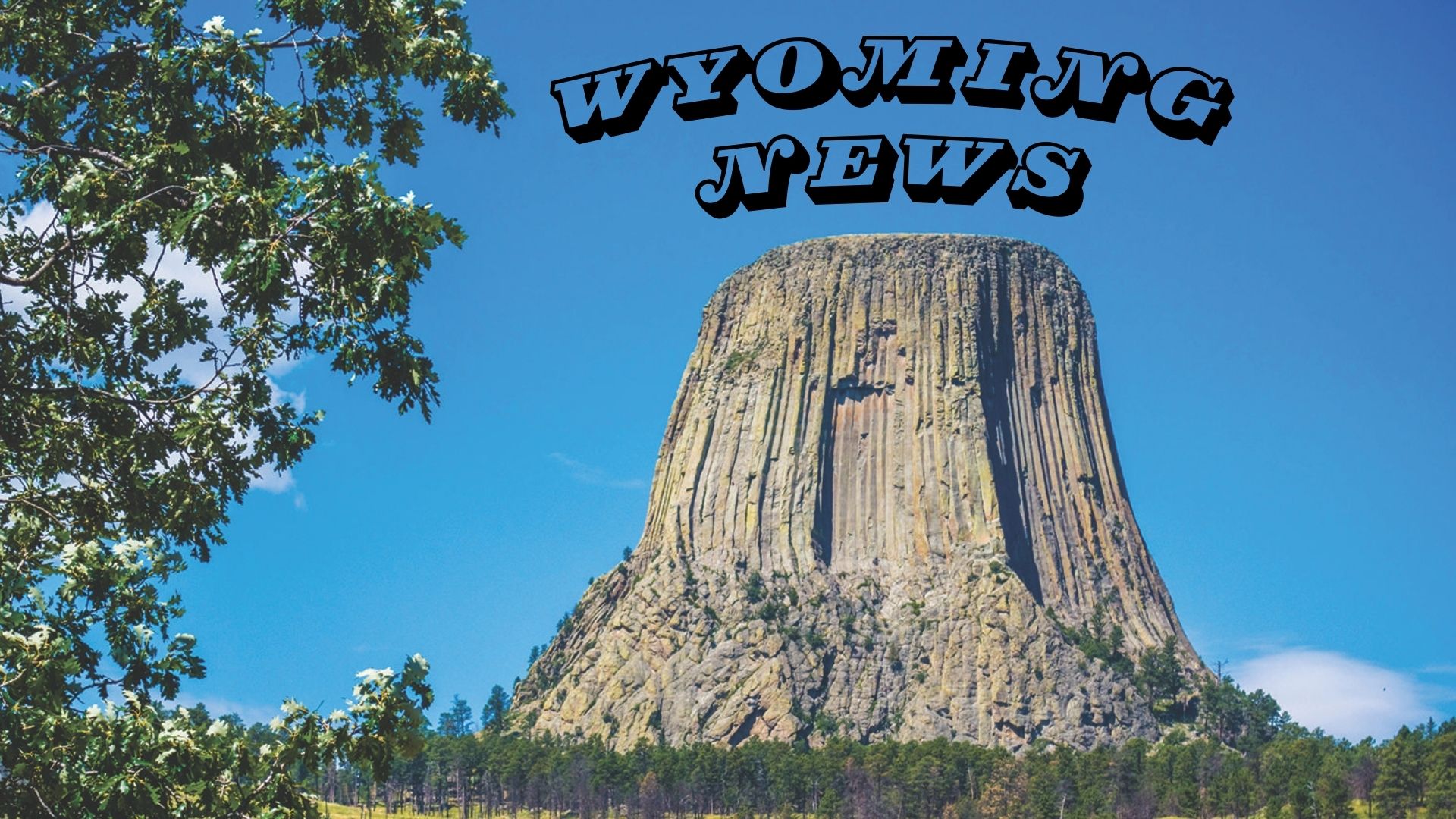Wyoming leaders tout, blast 'Big Beautiful Bill'

JACKSON — Wyoming’s top Republican leaders are praising the “One Big Beautiful Bill” passed by Congress on Thursday and signed by President Trump on Friday.
Sens. John Barrasso and Cynthia Lummis voted for the bill, as did Rep. Harriet Hageman.
Gov. Mark Gordon said he worked closely with the congressional delegation on the nearly 900-page bill, honing parts of the measure that were of particular importance to Wyoming residents and the state’s economy.
“Some of the excellent provisions in this bill include the lifting of a ban on coal leasing and a rollback of royalty rates on coal, oil and gas,” Gordon said in a statement Thursday. “These are industries that are critical to Wyoming’s fiscal health.
But critics in Wyoming and the Mountain West say the “Big Beautiful Bill” will have consequences for the climate, democracy, the clean energy economy and public health.
“What the U.S. Congress has essentially told Americans, is that affordable health care is less important than tax cuts for the wealthiest,” Jan Cartwright said in a statement. Cartwright is a board member of the nonprofit Healthy Wyoming, which advocates for affordable and accessible health care in the Equality State. “It was shameful to see Wyoming’s members of Congress leading the charge to eliminate health care from so many well-deserving, hard-working Americans.”
Among other things, the bill makes permanent the Trump administration’s $4.5 trillion 2017 tax cuts; adds new tax deductions for tips, overtime and auto loans; boosts the child tax credit from $2,000 to $2,200; and establishes a new $6,000 deduction for older adults who earn no more than $75,000 a year. The bill funds the border wall, deportations and a new missile shield. It also cuts food assistance and Medicaid. WyoFile reported that at least 12,000 Wyomingites are projected to lose health coverage.
The bill also cuts the Biden administration’s electric vehicle credit and funding for environmental agencies, climate justice grants, Endangered Species Act recovery plans and more.
Barrasso said the tax cuts will save Wyoming families more than $1,700 on average; eliminate taxes on tips for 10,000 Wyoming workers; preserve and expand the child tax credit for 65,000 families; and give 50,000 small Wyoming businesses a tax cut. He praised the establishment of a $50 billion stabilization fund for rural hospitals to offset Medicaid cuts. And he promoted the removal of both a prohibition on state regulation of artificial intelligence and a provision that would have increased taxes on Wyoming’s trona industry.
“The House delivered on what the American people demanded in November — secure borders, energy independence and lower taxes,” Hageman said in a separate statement.
The bill could cost an estimated 300,000 clean energy jobs nationwide, according to the Western Leaders Network, a nonprofit that encourages local elected officials to engage in state and federal issues and defend democracy and the environment. The network says the bill will delay charges for methane polluters, which could increase the national deficit by $1.5 billion over 10 years, and block the federal government from enforcing fuel economy standards.
“While some of the most extreme provisions were removed,” Executive Director Liane Jollon said in a statement Thursday, “the ‘One Big Beautiful Bill’ still includes harmful cuts to programs and tax credits that communities across the Interior West ... rely on to reduce methane pollution, invest in clean energy, run free and fair elections, create quality jobs and grow their economies and protect public health.”
In response to concern about how the bill will impact Medicaid and health care access, Barrasso, who was an orthopedic surgeon before becoming a congressman, said it will strengthen the program by “cutting waste, fraud and abuse.”
“It puts in place work requirements for able-bodied, working-age adults,” Barrasso said. “It also withholds federal funding to states that break the law and enroll illegal immigrants on Medicaid.”
Because Wyoming has not expanded Medicaid, it should not see significant changes from the bill in the short term, Gordon said.
“We will need to continue our work to shore up medical services statewide,” he said. “Additionally there are some provisions that may affect food pantries and summer education programs.
“However, I am confident that we will find Wyoming solutions to these issues,” the governor said.
This story was published on July 5, 2025.








